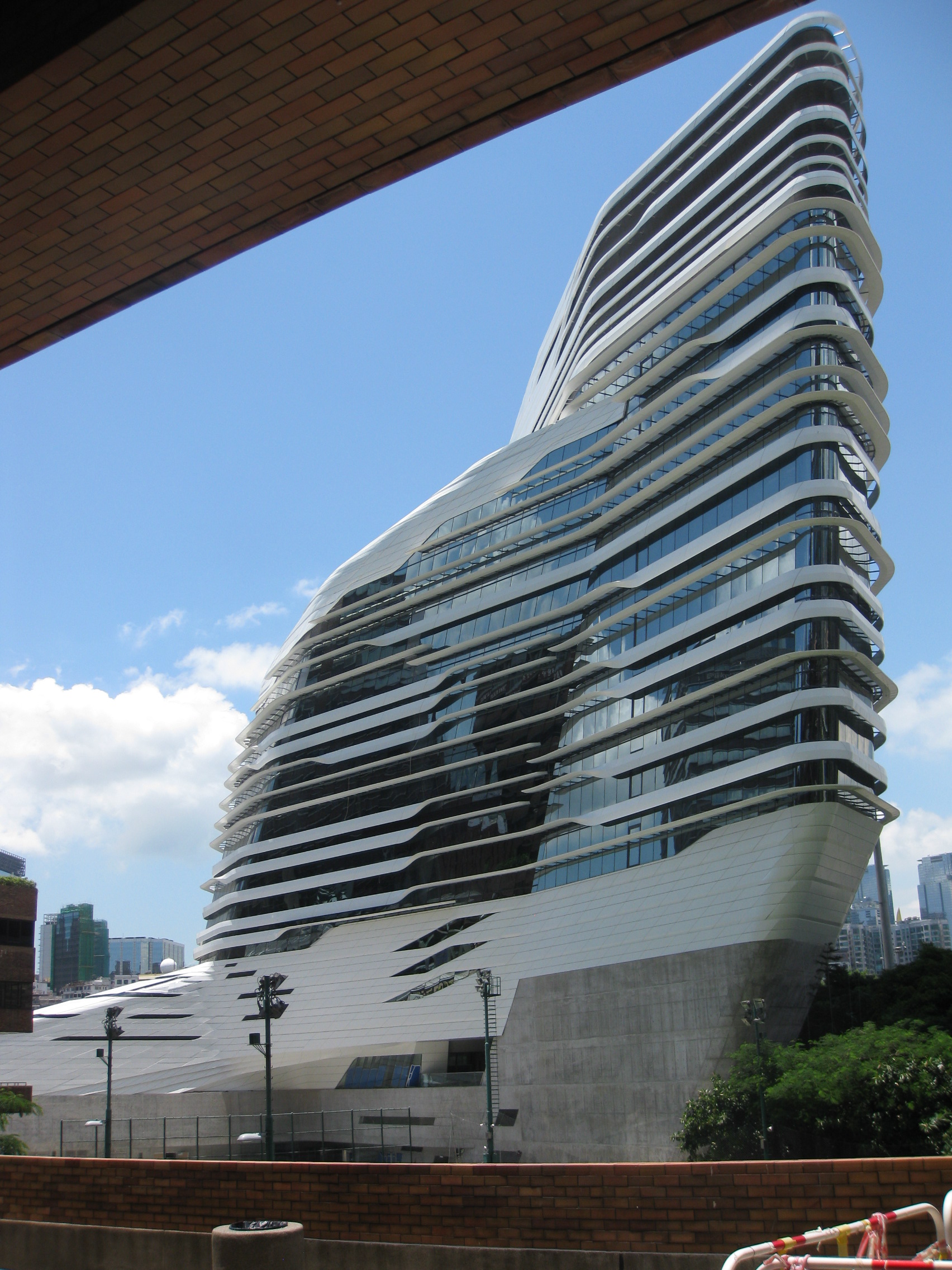Davenport, Leibold, Voelpel: Defining Innovation
• Innovation: the act or process of innovating; something newly introduced, new method, custom, device, etc.; change in the way of doing things; renew, alter. – Webster’s New World Dictionary (1982), Second College Edition.
• “The literature on organizational innovation is rich in lessons … describes processes that are also prevalent in the natural universe. Innovation is fostered by information gathered from new connections; from insights gained by journeys into other disciplines or places; from active, collegial networks and fluid, open boundaries. Innovation arises from ongoing circles of exchange, where information is not just accumulated or stored, but created. Knowledge is generated from new connections that weren’t there before.” – Margaret J. Wheatley (1992), Leadership and the New Science, San Francisco: Bern Publishers, 113.
• “To explain innovation, we need a new theory of organizational knowledge creation… The cornerstone of our epistemology is the distinction between tacit and explicit knowledge… the key to knowledge creation lies in the mobilization and conversion of tacit knowledge.” – Ikujiro Nonaka and Hirotaka Takeuchi (1995), The Knowledge-Creating Company, New York: Oxford University Press, 56.
• ‘Industrial innovation includes the technical design, manufacturing, management and commercial activities involved in the marketing of a new (or improved) product or the first commercial use of a new (or improved) process or equipment’ – Chris Freeman (1982), The Economics of Industrial Innovation, (2nd ed.), London: Frances Pinter.
• ‘… innovation does not necessarily imply the commercialization of only a major advance in the technology state of the art (a radical innovation), but it ubiqincludes also the utilization of even small-scale changes in technological know-how (an improvement or incremental innovation)…’ – Roy Rothwell and Paul Gardiner (1985), ‘Invention, innovation, re-innovation and the role of the user’, Technovation, 3, 168.
• ‘Innovation is the specific tool of entrepreneurs, the means by which they exploit change as an opportunity for a different business or service. It is capable of being presented as a discipline, capable of being learned, capable of being practiced’ – Peter Drucker (1985), Innovation and Entrepreneurship: Practice and Principles, New York: Harper and Row, 19.
• ‘Companies achieve competitive advantage through acts of innovation. They approach innovation in its broadest sense, including both new technologies and new ways of doing things’ – Michael Porter (1990), The Competitive Advantage of Nations, London: MacMillan.
• ‘Successful exploitation of new ideas’ – DTI Innovation Unit definition (1994), London: Department of Trade and Industry.
